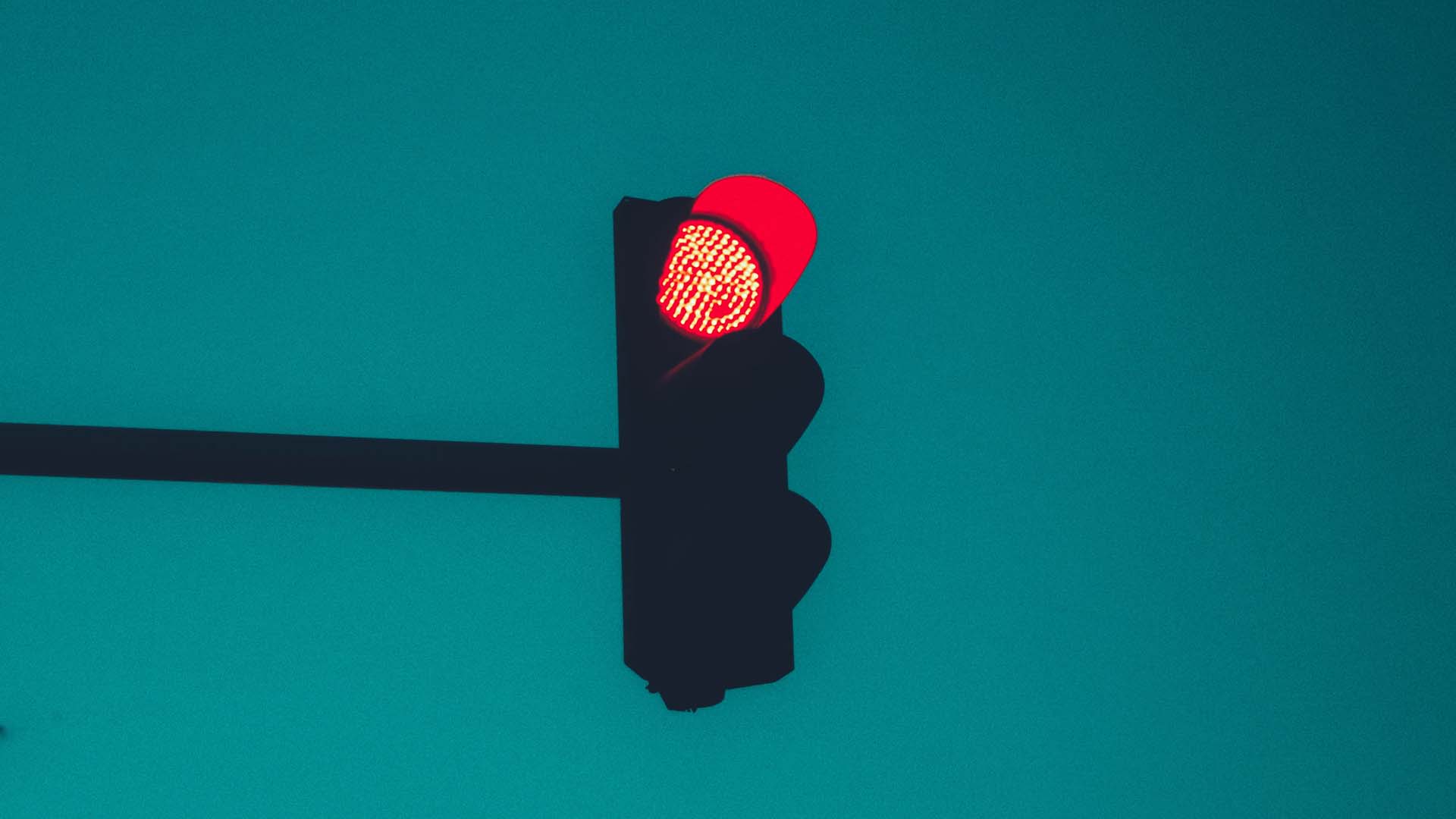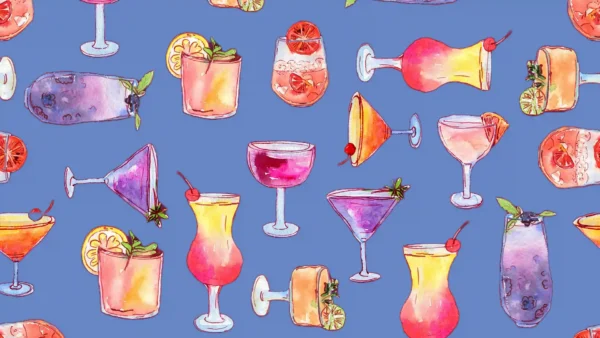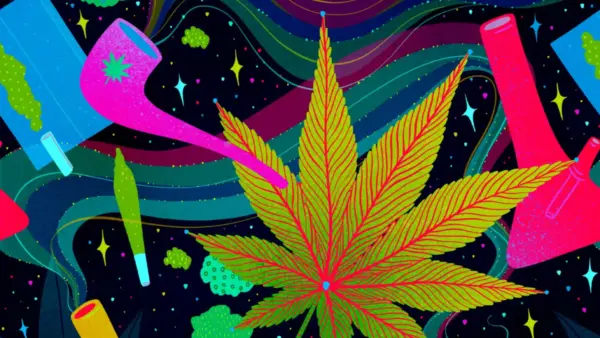Remember Drinking and Driving? New Rules Won’t Let You Forget
The federal government has been hard at work strengthening the rules and charges around drinking and driving, and is set to roll out some new tools on that front in an apparent follow-up to cannabis legalization, as if telling Canadians, “No, that’s still not OK either.”
- Canada DUI Penalties
- Ontario DUI Penalties
- Drunk driving is not just in your blood
- New drivers and young drivers
- New DUI penalties and charges
Here’s a look at the rules for driving under the influence of plain old alcohol in the province of Ontario, as of December 18, 2018:
1. Federal DUI Penalties
If you recognize the penalties for impaired driving in this section, it may be because the penalties for driving under the influence of cannabis were harmonized with existing drinking and driving laws and many of the penalties are the same. Regardless, they bear repeating:
| Alcohol per 100 ml of blood | Min Penalty | Max Penalty | |
|---|---|---|---|
| 1st DUI offence | 80-119 mg | $1,000 fine | 10 yrs prison |
| 120-159 mg | $1,500 fine | 10 yrs prison | |
| 160+ mg | $2,000 fine | 10 yrs prison | |
| 2nd DUI offence | 80+ mg | 30 days jail | 10 yrs prison |
| 3rd DUI offence | 80+ mg | 120 days jail | 10 yrs prison |
| DUI Causing harm | – | Same as above | 14 yrs prison |
| DUI Causing death | – | Same as above | Life in prison |
And if you thought you could get away with drinking just a little beer, smoking just a little weed, then driving, federal law now has a combination limit that can hit you with similar charges to those above if you have both cannabis and alcohol in your blood.
2. Ontario DUI Penalties
In addition to federal impaired driving penalties under the Criminal Code, provinces also have charges for drinking and driving. Here are the penalties that apply to drivers in Ontario as of January 2019. Again, these penalties are harmonized with those created for driving under the influence of cannabis.
A) Roadside Penalties
The following penalties apply on the spot, without a conviction, and cannot be appealed:
| Alcohol per 100 ml of blood | Penalty | |
|---|---|---|
| 50 mg | 1st DUI offence |
|
| 2nd DUI offence |
| |
| 3rd DUI offence |
| |
| 80+ mg (on the spot, without a conviction | 1st DUI offence |
|
| 2nd DUI offence |
| |
| 3rd DUI offence |
| |
B) If You Are Convicted
If you are convicted of driving with more than 80 mg of alcohol per 100 ml of blood, the following penalties apply (in addition to federal penalties):
| Alcohol per 100 ml of blood | Penalty | |
|---|---|---|
| 80+ mg | 1st DUI offence |
|
| 2nd DUI offence |
| |
| 3rd DUI offence |
| |
3. Drunk Driving is Not Just in Your Blood
The penalties above are based on failing a blood test. But refusing to take a blood test, or a sobriety test, or a breathalyzer, are all subject to similar penalties. Nice try.
4. New Drivers and Young Drivers
Drivers who are 21 or younger, on a learner’s permit or driving a commercial vehicle are subject to zero tolerance, meaning that the above penalties may apply even if a trace amount of alcohol is found in their system.
5. New DUI Penalties & Charges
As of December 18, 2018, the federal penalties above come into effect, raising the maximum sentence for a simple drunk driving conviction (not causing harm or death) from 5 years in prison to 10. At the same time, federal law will make it more difficult for drunk drivers to avoid getting caught, and getting convicted, thanks to the following new rules:
- Police can now ask you to take a breathalyzer without needing a reason to suspect you are drunk.
- The legal limits for blood alcohol now apply within two hours of driving, eliminating a loophole some drunk drivers use to get off.
- You can no longer defend yourself by saying you drank between when you drove and when you were tested (which seems like a pretty crazy defence, but it’s been used…)
- Rules are also being clarified about what information the prosecution has to give the defence in a drunk driving case. More loopholes, closed.
Ontario rules have not changed much, but the roadside fines all increased in January 2019.
Is DUI only for alcohol?
How can I avoid jail time for a 3rd DUI?
Get a really good lawyer. In Canada, the minimum penalty for a second impaired driving conviction includes 30 days in jail. A third conviction carries a minimum of 120 days in jail. Unless you are able to beat the charge or plead it down to something else, you will spend time in prison for a second or third impaired driving conviction.
Can I get a motorcycle license with a DUI?
The simple answer is yes. If you have an impaired driving conviction on your driving record, that won’t prevent you from getting your M1, M2 or M license. However, note that if your drivers license is suspended, you won’t be eligible to get your motorcycle license until that suspension ends.
Also, if you have a DUI (Impaired Driving) conviction within the past 3 years, no regular motorcycle insurer will insure you, you’ll be forced to get insurance from Facility Association, the insurer of last resort, and your premium will be sky high.
Can DUI charges be dropped/expunged/dismissed?
In Canada, a DUI (Impaired Driving) is a very serious criminal conviction, and so if you’re charged, you should get a lawyer and do everything you can to avoid a conviction.
If you’re convicted, that conviction will affect your insurance rates for 3 years, but may affect other areas of your life (career, international travel, adoption, volunteering) for much longer. The only way to get the conviction removed from your record is to apply for a pardon. You are eligible to apply for a pardon 5 years after you pay your most recent fine, and more than 90% of applications are approved.
How long is a DUI on my record?
Is there life after a DUI?
Yes, but it will take some time, and you’ll never be 100% free of it. A conviction for impaired driving is very serious, and it will affect you in a number of ways, all of them negative.
First of all, your license could be suspended, and you could face fines and even jail time if it’s not your first conviction. The next time you renew your auto insurance (and for the next three years), the conviction will make you a high-risk driver and so you’ll have to get insurance in the pricier high-risk market. There will be a minimum 50% surcharge for the conviction itself, and depending on the type of license suspension, that could also impact your star rating. Don’t be surprised if you pay double what you’re paying now.
The insurance implications of an impaired driving conviction go away after three years. What remains is the conviction on your permanent criminal record, which will affect your ability to get certain jobs or volunteer positions, limit your freedom to travel outside of Canada etc. The good news is that five years after you pay your fine, you can apply for a pardon, so that the conviction will be hidden if someone runs a police check on you.
Most pardons are approved, so that means you could be almost completely free of the negative consequences of the conviction five years after paying the fine. After that, the conviction would only affect you if you are once again convicted of a crime. Having prior convictions could still affect your sentencing, and sadly that never goes away.
The moral of the story? Take a cab, take an Uber, take the subway, but don’t drive drunk. Impaired driving will cost you.
Disclaimer: The information above is for general purposes and does not constitute legal advice. Be sure to check with the Ontario Ministry of Transportation and the Government of Canada for up to date information on the use of alcohol while driving.
Looking for car insurance?
Speak with a Mitch Insurance broker today to get a quote on Ontario auto insurance. Learn more >
Call now
1-800-731-2228








That is really useful info… thanks! Good to see the federal penalties are increasing including mandatory jail time for 2nd offence! Steep but will hopefully make a difference.
Perhaps most interesting is that Police have rights to breathalyze without suspicion. For me, this could make the biggest difference and I think they should automatically breathalyze in any stop. For example, if caught speeding, you should automatically be breathalyzed… this will make people recognize there’s a much greater chance of getting caught.
And then what? CRA searches everyone’s bank accounts? The police do house checks once a year? We are responsible for ourselves and most live good lives. Allowing a police state to conduct searches at any time in not required or reasonable.
In the case of drunk drving, it’s especiallly unnecessary and tragic. And seems to occur a lot. But is not enough to continue to erode civil liberties – we should focus on deaths of homeless people or natives, if we are so concerned.
nicely put and i couldn’t agree more.
All these charges were made only to restrict people from damaging other assets, even killing people on road. You have to be careful and should not drive when you are on road and are drunk or under the influence of any prohibited drug or substance. However, after being charged for a dui offence, you should consult with a reliable and reputed criminal lawyer who can defend your case and save you from legal charges, jail time and from other legal implications.
If a police officer suspects that a driver is impaired by drugs or alcohol, the officer may carry out a roadside standardized field sobriety test. If a driver fails the test, they can be immediately suspended from driving and face criminal impaired driving charges.